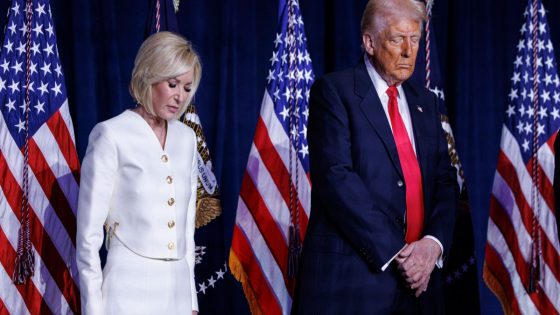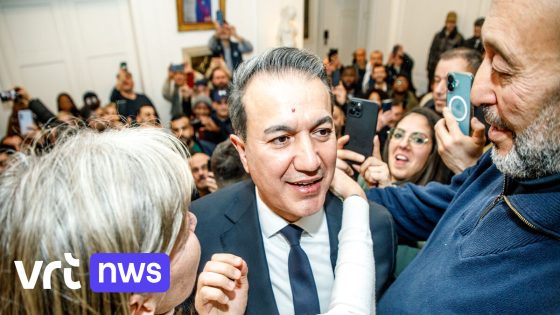On February 10, 2025, former President Donald Trump signed an executive order to establish a White House ‘Faith Office.’ This initiative aims to enhance the influence of religious advisors within his administration, reflecting their growing prominence in policy discussions. The order is seen as part of Trump’s broader strategy to engage with Christian constituents ahead of future political campaigns.
- Trump establishes White House 'Faith Office'
- Increasing influence of religious advisors noted
- Discussion on Christian concepts in politics
- Call for unity amidst Trump's online rhetoric
- Concerns over end of American secularism
- Criticism of 'Anti-Christian Bias Task Force'
The creation of the Faith Office marks a significant shift in how faith-based initiatives are integrated into government operations. Historically, such offices have aimed to address issues like poverty and education through a religious lens. Trump’s decision aligns with his previous actions that sought to mobilize evangelical support during his presidency.
Key details surrounding the establishment include:
- The office will focus on fostering partnerships between faith-based organizations and federal agencies.
- It intends to provide guidance on policy matters related to religion and public life.
- This move has drawn mixed reactions from various advocacy groups concerned about the separation of church and state.
Critics argue that this office could promote policies favoring specific religious groups over others. Supporters contend it will help address social issues by leveraging community resources. As Trump continues to navigate his political future, the Faith Office may play a pivotal role in shaping his engagement with faith communities across the nation.
The establishment of Trump’s Faith Office underscores a strategic approach toward integrating religion into governmental frameworks, potentially influencing both national policy and voter engagement strategies moving forward.

































